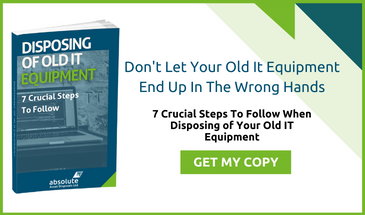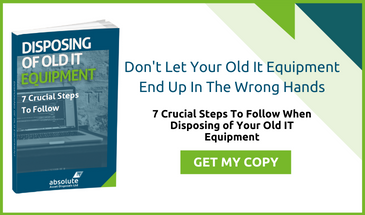
Whether you’re storing data on HDDs or in the cloud, the costs to do so are lower than ever. As a result, higher volumes of data are being stored today than at any other point in the past. So what could possibly go wrong?
The increased incentive of low prices and nearly-endless storage space has led to a phenomenon called data hoarding. Of course, cost and space are not the only contributing factors; as the volume of data grows, the task of going through increasing numbers of files becomes far less desirable. The result is multiple copies of data, possibly stored in several locations in a company.
Going Through Data: Not A Favourite Activity
Many people hate the thought of going through hundreds or thousands of files because of the time it takes. Not only that, but there’s the concern that something important may be inadvertently deleted. As well, some are unsure whether certain files can be deleted.
Security Threats
The bottom line is that data hoarding can place your company at risk in several ways. From a security standpoint, hoarding data provides criminals with a lot of potential value. Hackers are notorious for exploiting as much as possible of the information they steal, sometimes using it to blackmail their victims. Of course, old data can also be used to damage the reputation of your company.
Decreased Efficiency
Today’s companies need to be able to access information quickly. Efficiency suffers when there are multiple copies of data and data accuracy cannot be confirmed due to sheer volume. Employees become confused about which data is most current and accurate, and errors occur as a result.
Increased Costs
It’s estimated that by 2020, data hoarding will be such a problem to companies that they will need to purchase billions of pounds’ worth of storage to handle it all; money that could be saved or put into other areas of the economy.
Potential Solutions
One way to deal with tiresome amounts of data is to, well, deal with it. The data at your company will need to be gone through and rated for its level of sensitivity, value and importance, and any other criteria that may be required. Once classified, data can be deleted, centralised or sent off-site for storage.
Once all excess data has been processed, steps should be taking to prevent data hoarding in the future. Tools can be installed which will manage data automatically in terms of best locations for storage and deletion of old or unneeded information.
Ensure Old Data is Properly Processed
One area that many data management plans can fail is in how unwanted data is dealt with. For example, deletion may remove data from sight, but will not eliminate it from storage media. Likewise, storage media that is discarded does not make it inaccessible to cyber criminals.
The best way to ensure the security of those devices which hold your unwanted data is to destroy them beyond hope of recovery. The best way to ensure their destruction is to contact a company like Absolute IT. Our team offers a range of data and asset disposal services. We provide companies with secure solutions for storing unneeded media like hard drives and USB keys until such time as they are ready for destruction.
Where media and other data need to be wiped of their data but not destroyed, such as in cases where assets will be re-sold, our secure data sanitisation service may be the answer. We use Blancco data sanitisation software to wipe various media.
At the end of every process, you receive a full report of the tasks performed and an itemised list of what was wiped or destroyed. This provides peace-of-mind and an audit trail for your tracking purposes.












